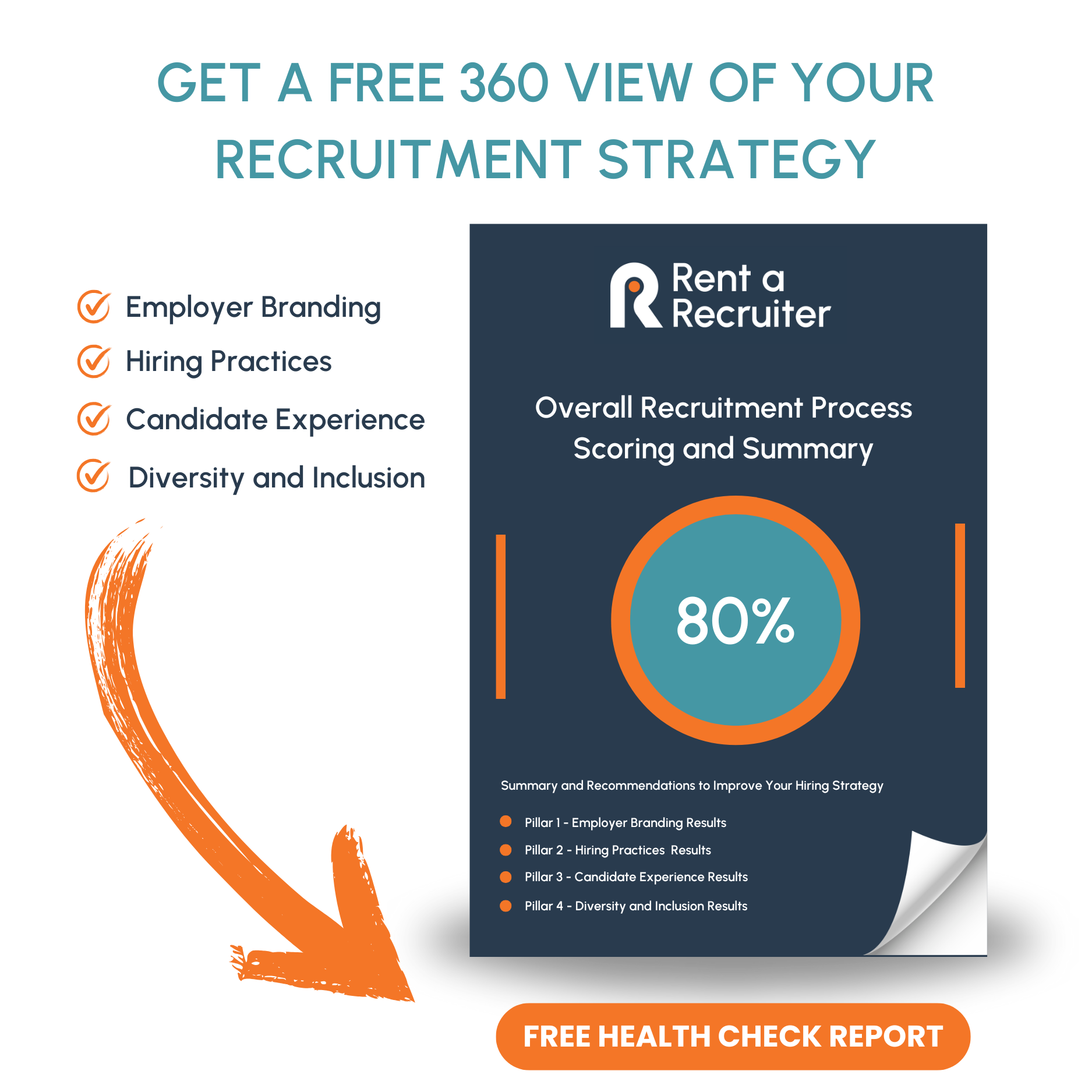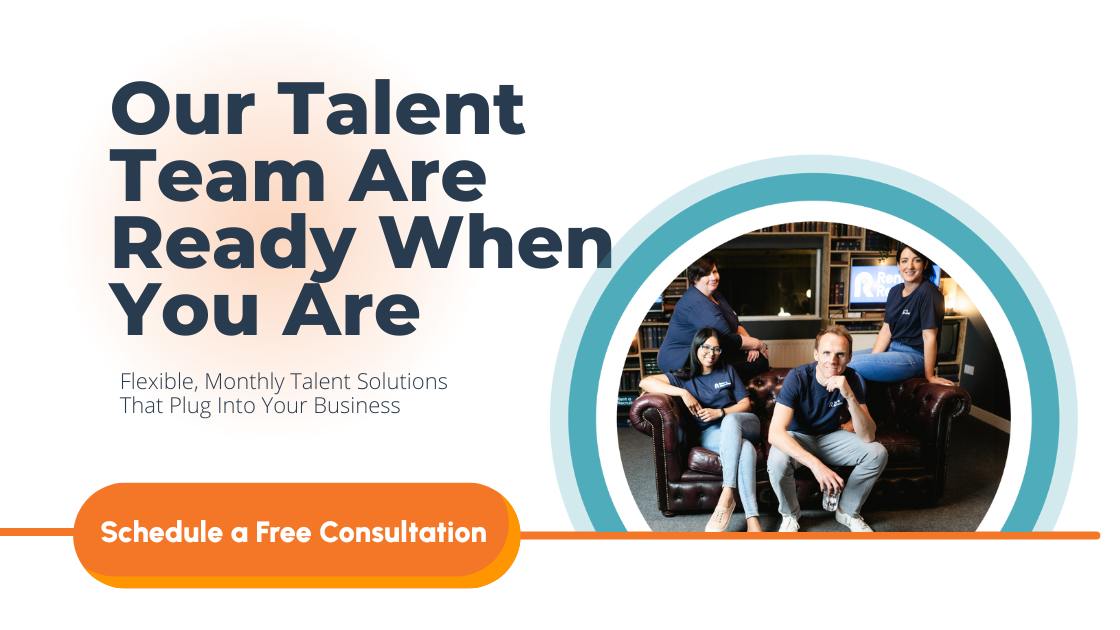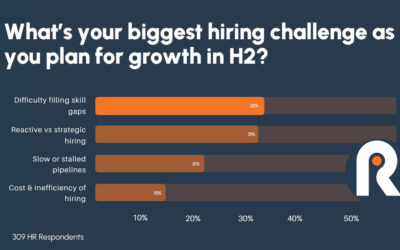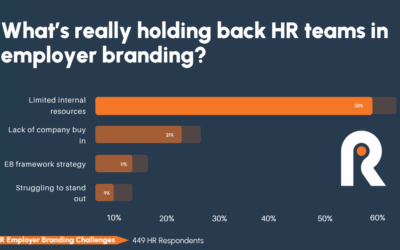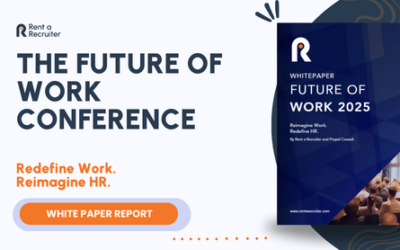Manufacturing Recruitment Insights: A Global Talent Crisis Demands Executive Action
“Labour and skills shortages are now the top operational risk in manufacturing.” Deloitte, 2024
Manufacturing sectors around the world are facing a convergence of pressures: automation, ESG compliance, digitisation, and a persistent shortage of skilled talent. As workforce requirements evolve, unfilled roles are no longer just a cost issue. They represent missed innovation, compliance risk, and strategic vulnerability.
This report draws on executive conversations, speaker events, and case studies from advanced manufacturing markets to provide practical manufacturing recruitment insights for CFOs, CHROs, and CEOs. If your talent strategy isn’t evolving, your competitive edge is already at risk.
The Skills Crisis Is an Executive Problem
Manufacturing is transforming faster than companies can hire. A 2024 Deloitte study found that 64% of manufacturing leaders cite labour and skills shortages as their top operational risk. These shortages extend beyond the shop floor impacting digital transformation, sustainability, and long-term innovation.
This is not a siloed HR problem. It’s an enterprise-wide challenge. Companies that integrate recruitment with workforce development are building competitive advantage by applying deep manufacturing recruitment insights across their organisation.
Consequences of Inaction:
- Extended lead times in hiring
- Attrition from overburdened teams
- Delays in digital/ESG initiatives
- Financial and regulatory risk
In-Demand Roles and Critical Gaps
Across global markets, talent demand is rising in these priority areas:
- Automation Technicians: Vital for robotics, PLC, and IoT operations in Industry 4.0 facilities
- Process Engineers: Key to efficiency and compliance across pharma, medtech, and food sectors
- Sustainability Managers: Essential for ESG leadership and circular economy implementation
- Digital/Data Specialists: SCADA systems, digital twins, and predictive maintenance are becoming core functions
From Ireland to the UAE, from Australia to the UK, the talent gap is clear. In Ireland alone, 58% of employers say it’s getting harder to find candidates with the right technical and digital skills (IDA/SOLAS, 2024).
Globally, the World Economic Forum projects that 1 in 2 manufacturing employees will need reskilling by 2027.
These data points reinforce the urgent need for smarter manufacturing recruitment insights across all leadership functions.
Why Reskilling is a Strategic Imperative
Hiring externally isn’t always feasible or scalable. Instead, successful manufacturers are turning inward:
- Lower cost-per-hire
- Faster onboarding
- Higher retention through internal mobility
When recruitment, learning & development, and retention are treated as a single talent strategy, the return on investment is both immediate and long-term.
Framework for Workforce Readiness:
Recruitment + Reskilling + Retention = Competitive Capability
The Global Talent Tug-of-War
Manufacturers are now competing globally for a limited pool of skilled talent. While core production roles remain largely site-based, multinationals are leveraging relocation incentives, hybrid work options in support roles, and strong employer brands to attract the next generation of manufacturing professionals.
Strategic Responses:
- Build stronger employer branding focused on sustainability, innovation, and development
- Leverage niche platforms and AI-enabled recruitment tools
- Engage with education providers to co-create workforce pipelines
To succeed, executives must rely on clear, actionable manufacturing recruitment insights that guide both strategic and operational decision-making.
Next-Gen Hiring Strategies
The old tools no longer cut it. High-performing recruitment strategies now rely on:
- Niche engineering and data communities
- AI screening for skills and cultural fit
- Long-term pipeline building via recruitment marketing
Reference Point:
A mid-sized manufacturer using Rent a Recruiter’s embedded model achieved 30 placements and saved €123,000. The embedded approach aligned recruitment with strategic business goals, improving both speed and quality of hire.
C-Suite Leadership in Recruitment
When CFOs and CEOs take ownership of the talent narrative, it shifts from a tactical to a strategic conversation.
Key Metrics to Monitor:
- Time-to-competency vs. time-to-hire
- Internal promotion rate
- ROI from learning and development
Retention, flexibility, and career progression must be built into your value proposition and lived daily across your culture.
Employer Branding in Manufacturing
Manufacturing still struggles with outdated perceptions, particularly among Gen Z. A strong employer brand signals innovation and purpose.
Tactics to Modernise Perception:
- Speak at campuses and career fairs
- Collaborate with training institutions
- Promote employee stories on LinkedIn and TikTok
This is not a marketing project it’s a strategic initiative requiring C-suite ownership.
Audit Your Hiring Process
Top employers evaluate every stage of recruitment:
- Employer Branding: Is your EVP clear and consistent?
- Diversity & Inclusion: Are your processes inclusive by design?
- Hiring Practices: Are you making data-driven decisions?
- Candidate Experience: Is the process fast, transparent, and respectful?
Start by using our free hiring process diagnostic tool: Rate Your Recruitment
Manufacturing Recruitment Insights to Drive Action
The manufacturing talent crisis is global. But so are the solutions.
Embedded recruitment, combined with upskilling and retention, transforms workforce risk into strategic opportunity. The companies that act now will future-proof not just their hiring, but their entire business.
Want to build a future-ready manufacturing workforce?
Start with a free recruitment diagnostic or speak to our team about embedded hiring strategies that scale across regions and sectors.
Implementing the right manufacturing recruitment insights today will help secure tomorrow’s competitive advantage.

Author: Barry Prost, Co-founder Rent a Recruiter
Speaker Event: Manufacturing & Supply Chain Summit
Linkedin: https://www.linkedin.com/in/barryprost/
Manufacturing Insights FAQs
What is embedded recruitment and why is it effective for manufacturing?
Embedded recruitment places a dedicated recruiter within your team, improving hiring speed, quality, and cultural fit while aligning directly with business goals.
What are the biggest hiring challenges in manufacturing today?
The top challenges include skills shortages in automation and sustainability, competition from multinationals, and an aging workforce nearing retirement.
How can C-suite leaders impact recruitment success?
By leading employer branding efforts, supporting learning investments, and integrating hiring into long-term strategic planning.
What roles are most in demand in Irish manufacturing?
Automation technicians, process engineers, sustainability managers, and digital data analysts are all high-priority roles across the sector.
How can manufacturing companies attract younger talent like Gen Z?
By rebranding the sector as innovative and purpose-driven, partnering with educational institutions, and actively engaging on digital channels where Gen Z spends time.
